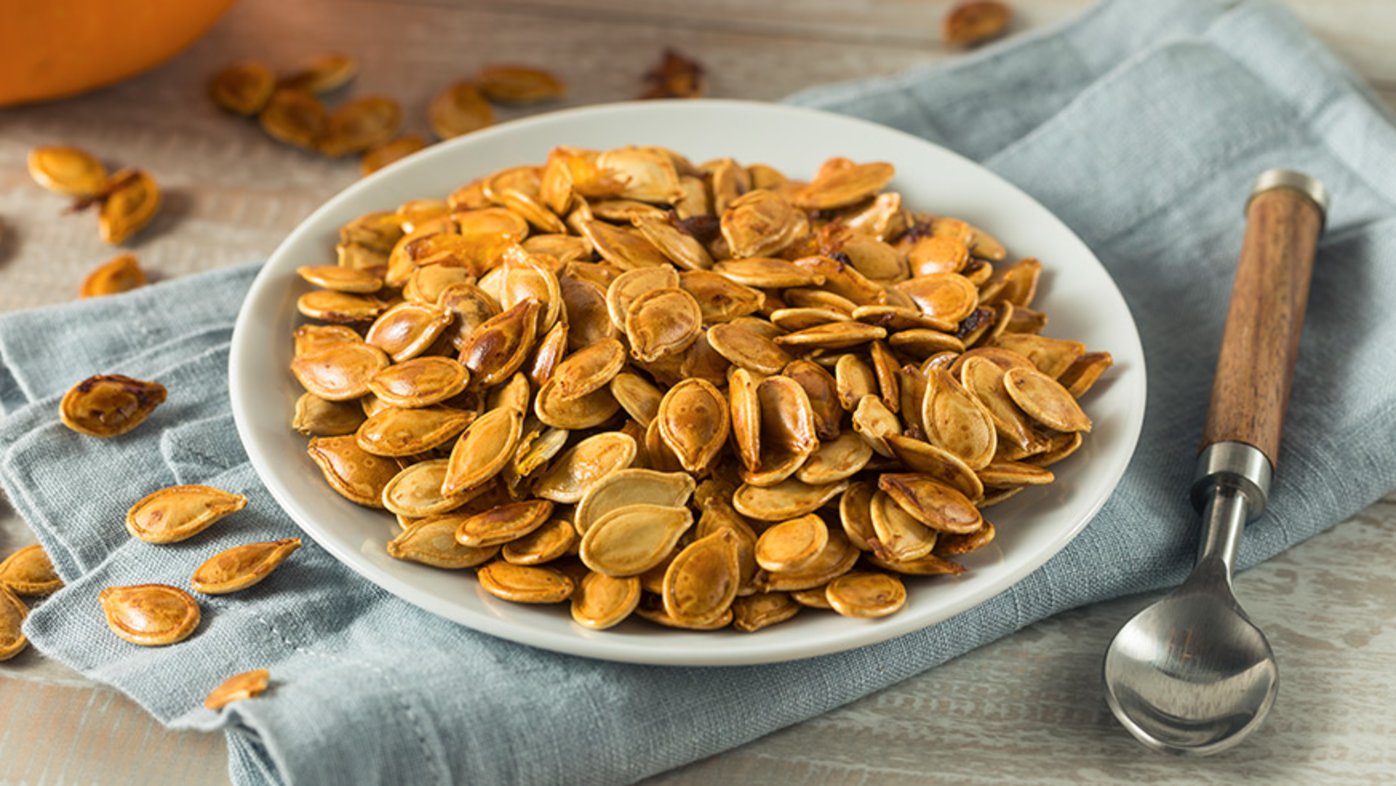
Health benefits of pumpkin seeds
Pumpkin seeds are loaded with the nutrients our bodies need.
Some people believe sports drinks are the best choice to quench your thirst during and after exercising. However, others will say drinking plain water is just fine for the average gym-goer. So how can you know when to reach for one over the other?
According to Erin Famulare, RDN, a registered dietitian nutritionist with Sharp Rees-Stealy Medical Centers, there are different types of athletes. Some have concerns about their athletic performance — knowing that hydration plays a role. And others simply know they must drink something hydrating when exercising. For instance, Famulare says, someone playing in a recreational softball league has very different fluid requirements than someone training to run a marathon in the Olympics.
When can sports drinks be a good choice?
Sports drinks usually contain carbohydrates such as sugar, and electrolytes such as sodium and potassium. These drinks may also contain up to 150 calories per serving.
For athletes, fuel from carbohydrates and electrolytes are needed to replace what is lost during intense exercise through sweating and calorie burning. Sports drinks can provide a quick and easy way to replenish these lost nutrients. Athletes may consider drinking sports drinks during a high-level, long-duration sport, particularly in the heat.
Why can sports drinks be unhealthy?
Many people prefer drinking sports drinks over water because of the taste and added electrolytes. However, the standard sports drink contains 140 calories, 34 grams of added sugar (69% of the daily value) and 270 milligrams of sodium (12% of the daily value). Many people who exercise and are aiming to limit calories, sugar and sodium in their diet might want to choose water over sports drinks.
Why is water a good choice?
Water is an ideal choice for hydration because it doesn’t cost anything and is easily accessible, hydrating and calorie-free. Additionally, water doesn’t usually require use of other resources, such as plastic bottles. Water is likely all the average person needs to drink when exercising.
What are other hydration choices?
All fluid counts toward your body’s hydration, except for alcohol. Water, juice, coffee, tea, milk, carbonated beverages, soups, and the water in vegetables and fruits provide hydration.
It is important to pay attention to what else may be in your fluid intake besides water when deciding what to drink on a regular basis. Other hydration options include:
Nuun tablets
You drop a tablet into 16 ounces of water or more and let it dissolve completely. The final product has 15 calories, 1 gram of added sugar, and the electrolytes and minerals athletes are looking for, such as calcium, magnesium, chloride, sodium and potassium.
A splash of juice
If you don’t like the taste of plain water, consider adding a splash of 100% fruit juice for extra flavor.
Light sports drinks
If you’re watching your calories and added sugar intake, consider the “zero” or diet versions of sports drinks. Some sports drinks can have zero calories and zero grams of added sugar but still contain sodium and potassium.
Coconut water
While coconut water naturally contains some electrolytes, it still has calories. Be sure to check drink labels to ensure you aren’t drinking more calories than you need or want.
“Everyone should stay well-hydrated,” says Famulare. “It’s one of the best things you can do for your health.”
Learn more about nutrition; get the latest health and wellness news, trends and patient stories from Sharp Health News.
Our weekly email brings you the latest health tips, recipes and stories.